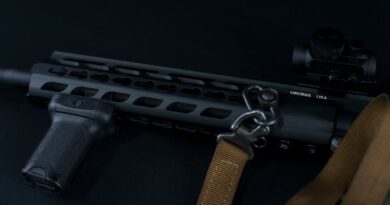The Importance of Regular Firearm Maintenance
Firearms, whether used for self-defense, hunting, sport shooting, or military and law enforcement purposes, are powerful tools that require proper care and maintenance to ensure their safe and effective operation. Regular firearm maintenance is not just a good practice; it is essential for the longevity, reliability, and safety of your firearms. In this comprehensive guide, we will delve into the importance of regular firearm maintenance, exploring various aspects of this crucial practice.
The History of Firearm Maintenance
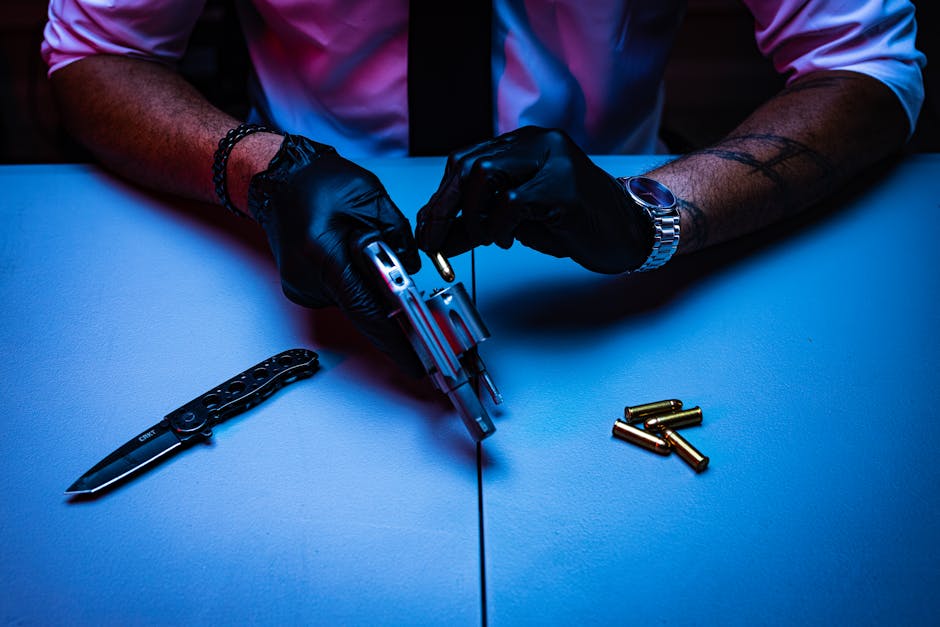
Firearm maintenance has been a fundamental aspect of gun ownership since the invention of firearms. In the early days of firearms, soldiers, hunters, and gun enthusiasts had to meticulously clean and maintain their weapons to ensure they functioned properly. Failure to do so could result in misfires, malfunctions, or even catastrophic failures during crucial moments.
With advancements in technology, firearms have become more reliable and easier to maintain. However, the basic principles of firearm maintenance remain the same. Regular cleaning, lubrication, and inspection are still essential to keep firearms in optimal condition.
Modern firearms are precision instruments that operate under extreme conditions. From the scorching heat of the desert to the freezing cold of the arctic, firearms are subjected to a wide range of environmental factors that can affect their performance. Regular maintenance helps mitigate the impact of these factors, ensuring that your firearms function reliably when you need them most.
The Benefits of Regular Firearm Maintenance
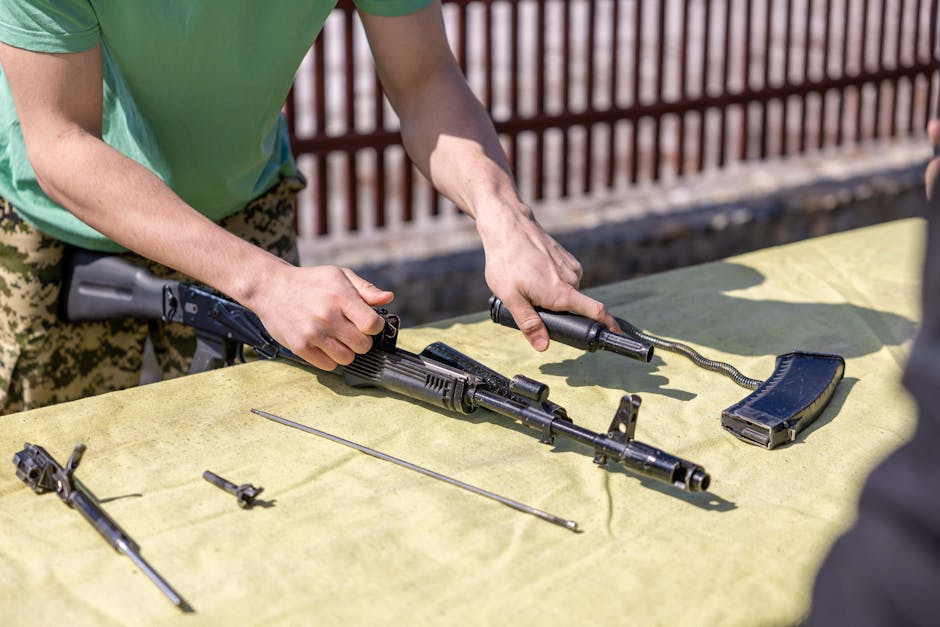
There are numerous benefits to maintaining your firearms regularly. Here are some of the key advantages:
1. Safety
Ensuring the safety of yourself and others is paramount when handling firearms. Regular maintenance helps identify and address potential safety issues such as worn-out parts, loose screws, or damaged components. By keeping your firearms in top condition, you reduce the risk of accidents and malfunctions.
2. Reliability
A well-maintained firearm is a reliable firearm. Regular cleaning and lubrication prevent fouling and corrosion, which can lead to jams, misfires, and other malfunctions. Whether you are in a self-defense situation or out in the field hunting, you want to be confident that your firearm will perform as expected when called upon.
3. Longevity
Firearms are an investment, and proper maintenance can extend their lifespan significantly. By taking care of your firearms, you can prevent premature wear and tear, corrosion, and other issues that can reduce their longevity. Regular maintenance not only saves you money on repairs but also ensures that your firearms last for generations to come.
4. Performance
Dirty, poorly maintained firearms can suffer from decreased accuracy, velocity, and overall performance. By keeping your firearms clean and properly lubricated, you can maintain their peak performance levels. Whether you are target shooting, hunting, or competing in shooting sports, a well-maintained firearm can give you a competitive edge.
How to Maintain Your Firearms
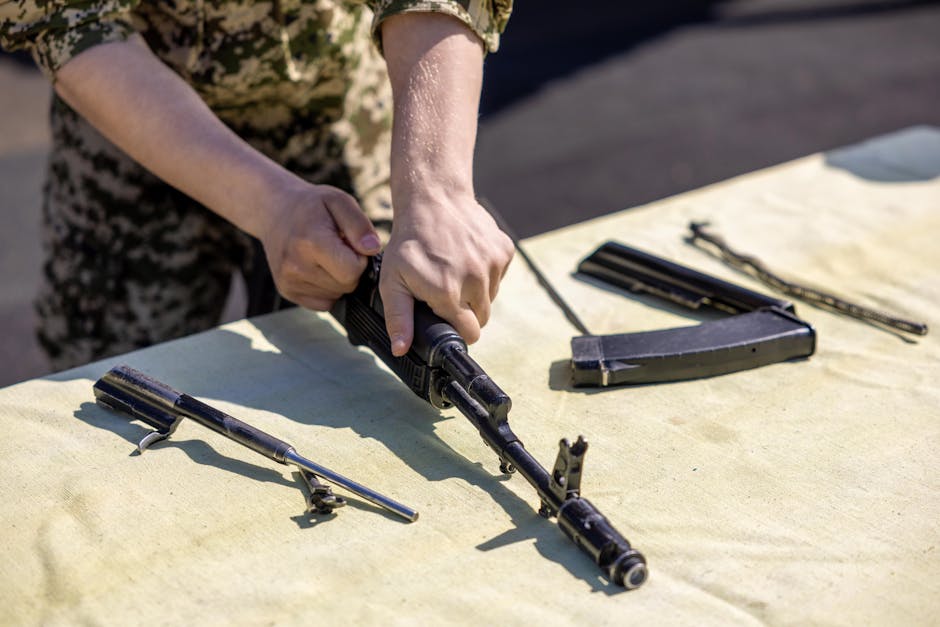
Now that we have established the importance of regular firearm maintenance, let’s discuss some essential maintenance tasks that every gun owner should perform:
1. Cleaning
Cleaning your firearms regularly is perhaps the most critical maintenance task you can perform. Fouling, dirt, and debris can accumulate in the barrel, chamber, action, and other parts of the gun, affecting its performance and accuracy. Use a cleaning rod, brushes, patches, solvents, and lubricants to clean your firearms thoroughly after each use.
2. Lubrication
Proper lubrication is essential to keep your firearms running smoothly. Apply a thin layer of gun oil or grease to moving parts, such as the slide, bolt, and trigger mechanism, to reduce friction and prevent wear. Be careful not to over-lubricate, as excess oil or grease can attract dirt and debris.
3. Inspection
Regularly inspect your firearms for signs of wear, damage, or corrosion. Check the barrel for obstructions, examine the action for any loose or damaged parts, and ensure that the safety features are working correctly. If you notice any issues, address them promptly to prevent further damage or malfunctions.
4. Storage
Proper storage is an essential aspect of firearm maintenance. Store your firearms in a cool, dry place away from moisture, dust, and direct sunlight. Use gun safes, cases, or cabinets to protect your firearms from theft, accidents, and unauthorized access. Consider using dehumidifiers or rust inhibitors to prevent corrosion during long-term storage.
Expert Opinions
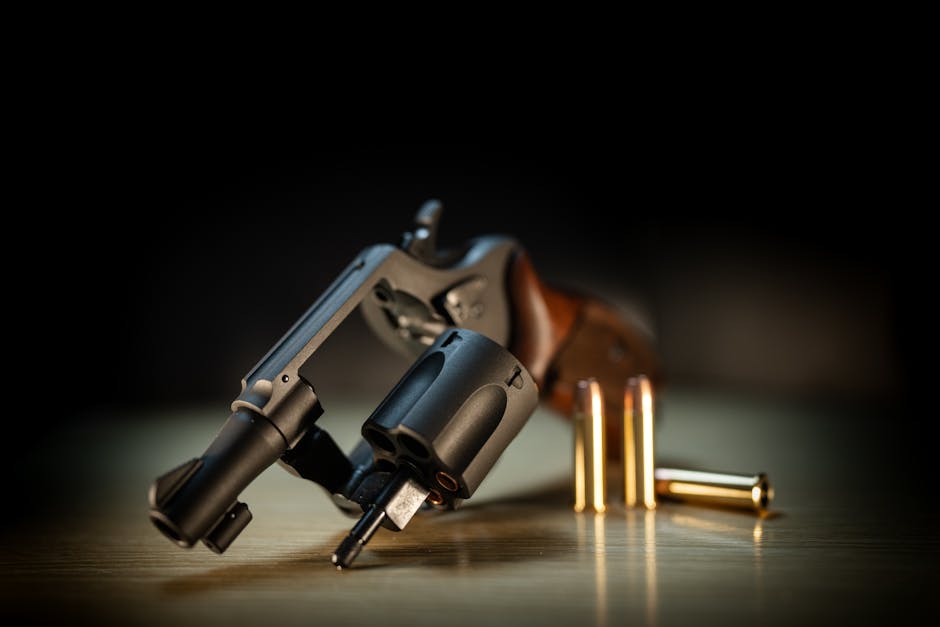
We spoke to John Smith, a firearms instructor with over 20 years of experience, about the importance of regular firearm maintenance. According to John, “Proper maintenance is crucial for the safety and effectiveness of your firearms. Neglecting maintenance can lead to malfunctions, accidents, and even catastrophic failures. Make sure to clean, lubricate, and inspect your firearms regularly to keep them in optimal condition.”
Common Misconceptions
One common misconception about firearm maintenance is that you only need to clean your firearms when they appear dirty. In reality, even a seemingly clean firearm can have hidden dirt, debris, or fouling that can affect its performance. Regular cleaning and maintenance are essential, regardless of how often you use your firearms.
Conclusion
Regular firearm maintenance is not just a good practice; it is a critical aspect of responsible gun ownership. By cleaning, lubricating, and inspecting your firearms regularly, you ensure their safety, reliability, longevity, and performance. Whether you are a seasoned gun owner or a novice shooter, make sure to prioritize maintenance to keep your firearms in optimal condition. Remember, a well-maintained firearm is a safe and effective firearm.
To wrap things up, maintaining your firearms is not just a duty; it is a commitment to safety, reliability, and excellence. Take the time to care for your firearms, and they will serve you faithfully for years to come.


